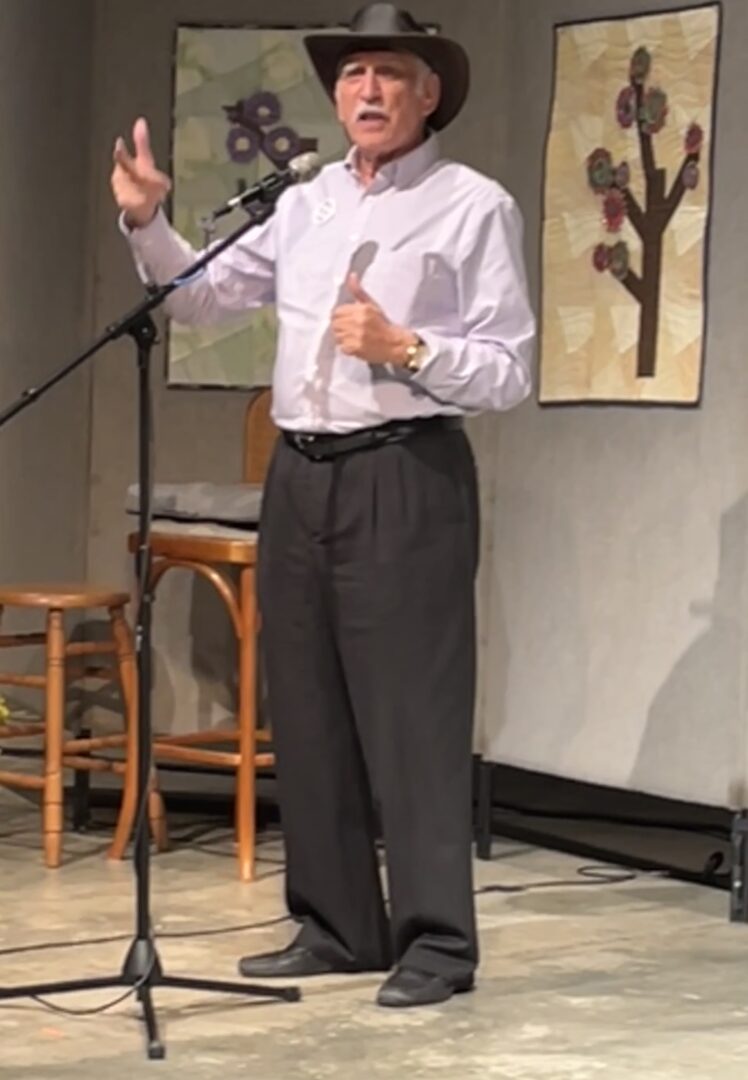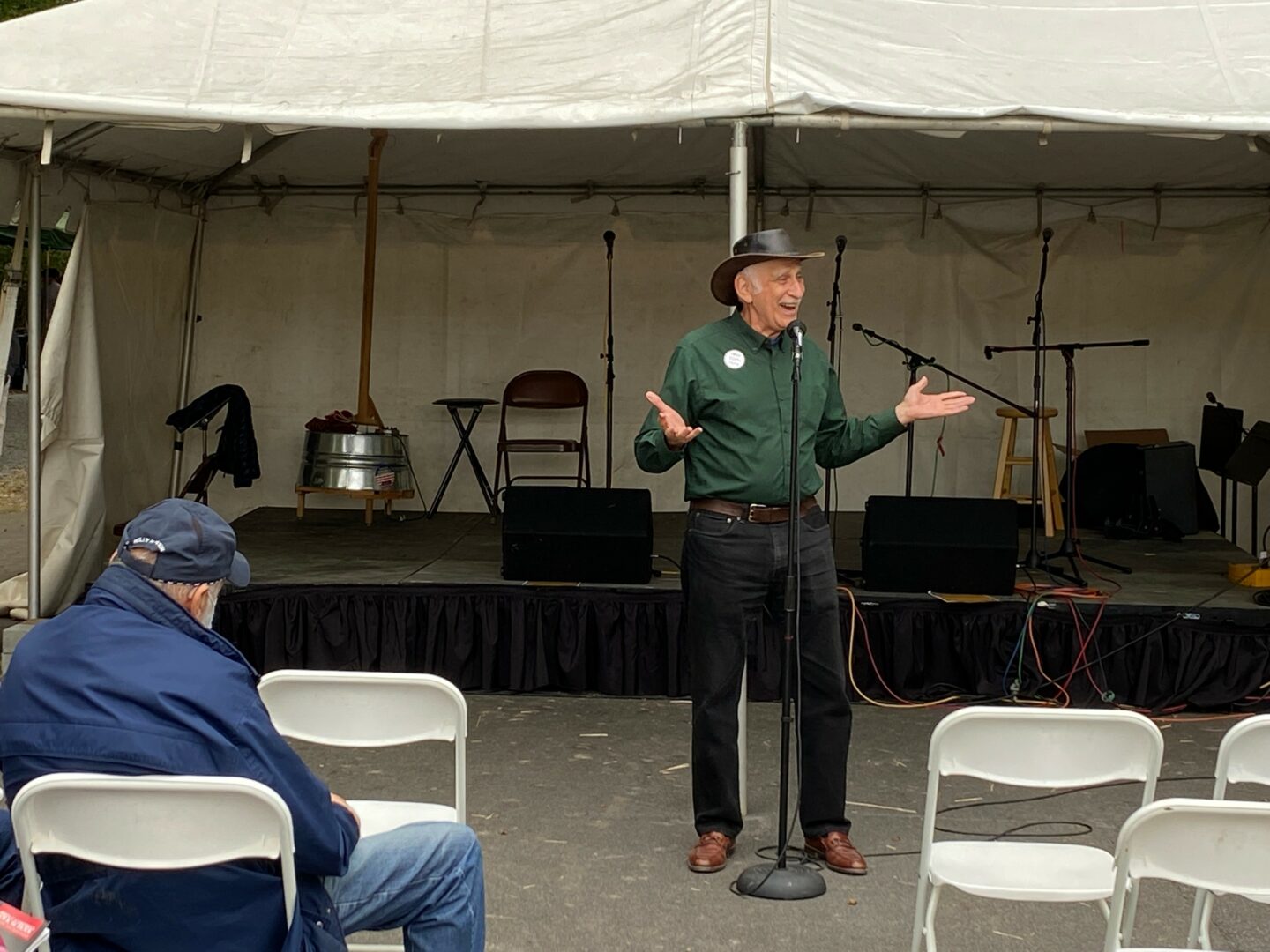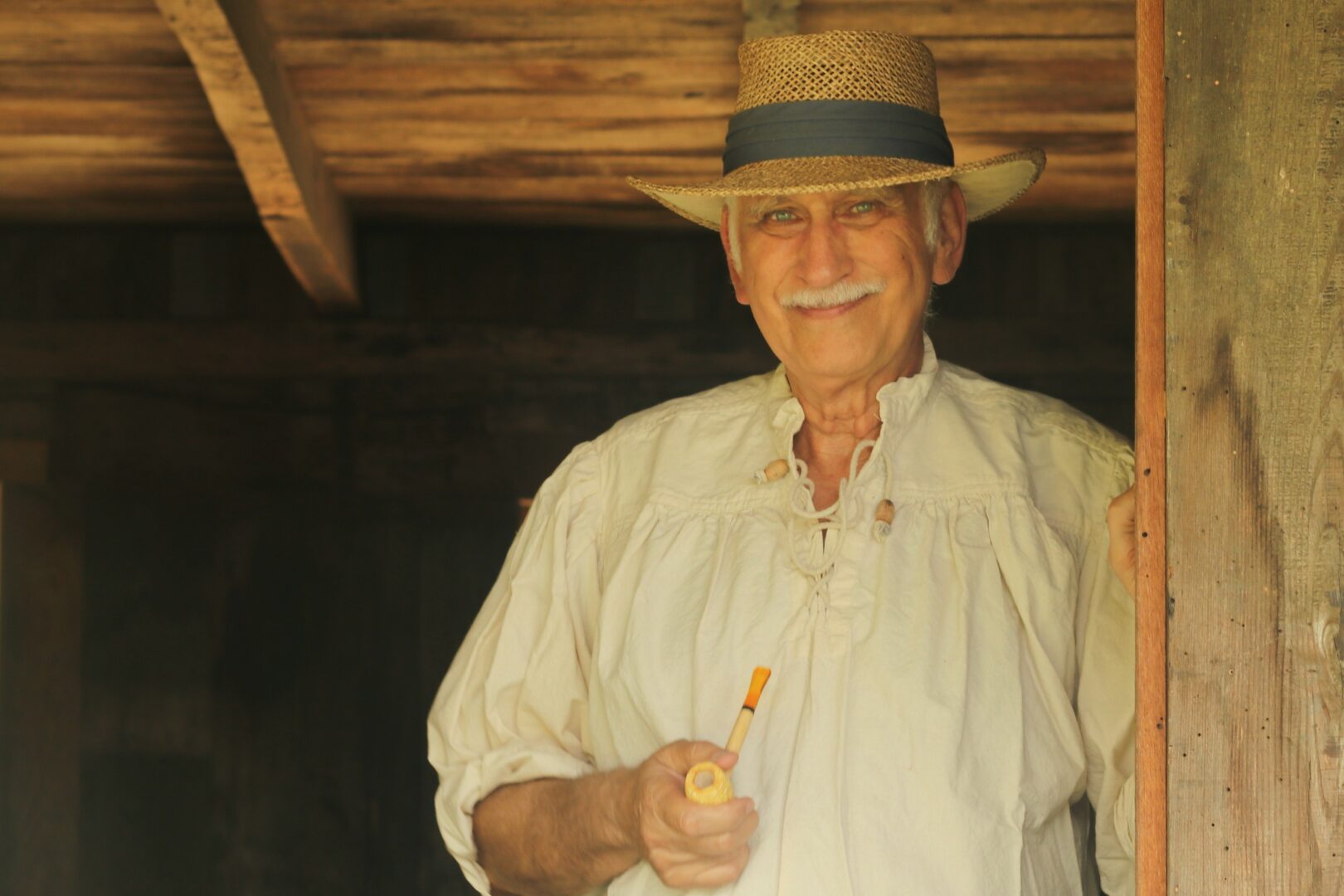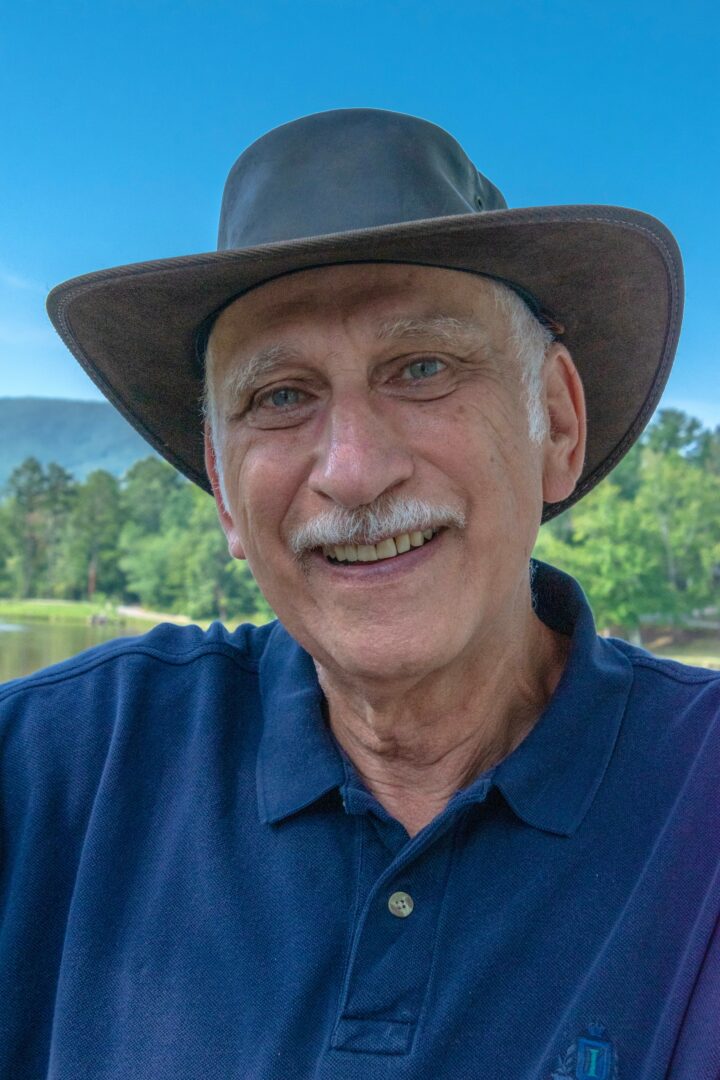We’re excited to introduce you to the always interesting and insightful Larry Pearlman. We hope you’ll enjoy our conversation with Larry below.
Hi Larry, we’re so appreciative of you taking the time to share your nuggets of wisdom with our community. One of the topics we think is most important for folks looking to level up their lives is building up their self-confidence and self-esteem. Can you share how you developed your confidence?
I was brought up in a household that supported me in every way. My parents rarely told me what to do. They asked what I wanted to do and then helped me look at the pros and cons of that decision and left the final direction up to me. Sometimes that would be where I thought I wanted to go and sometimes the opposite. Here is an example of the latter.
When I was 18 and heading off to college in 1965, my girlfriend offered to buy me a 1960 black T-Bird convertible which she knew was my favorite car. It would cost her $600. When I told my Dad he asked if I had thought it through and my first thought was – It’s a free car. What’s to think about? He sat down with me and asked several questions:
Are you planning to marry this girl? Do you think she might expect you to use that car to drive home from college to see her frequently? Do you think you might feel beholden to her? Have you looked into what this “free” car will cost in gas, repairs, insurance, and registration? He helped me put together the dollar figures, we discussed it for a while and then he left it up to me. I opted not to take the car.
Another time I had the opportunity to take a Calculus class in my senior year in High School. This was an experimental course. 23 of us took an exam to see if we qualified. I got the lowest score on the test and was told I should not take it. I discussed it with my Mom. We talked about the pros and cons and then she simply asked me what I wanted to do. I was one of only 8 that took the course. I struggled with it, got a C but breezed through Calculus at Rutgers Engineering School the next year as a college freshman.
So it was my upbringing and the support of my parents that helped me develop the confidence and self-esteem to be willing to try anything I desired to do.

Great, so let’s take a few minutes and cover your story. What should folks know about you and what you do?
At this stage of my life, I am focused on extending Love into the world through whatever I do. This includes my pet-sitting part-time job. It is truly an act of Love to have people feel comfortable leaving their treasured pets to the care of someone that they know will take good care of them.
It also includes volunteer work. I am the chairman of the Care Committee at the Unitarian Universalist Church in Black Mountain visiting and arranging visits to folks in hospital, rehab centers, long term care facilities or simply home alone. We also provide rides for people, bring meals when needed, simple medical equipment like crutches and walkers, send cards and call people who need a friendly voice. In addition, I volunteer every Wednesday at Bounty & Soul, a remarkable organization that provides healthy food for people as well as classes to help them live a healthier life.
We have a group of folks who play bridge every Tuesday night. I go early to set up the tables and chairs as well as the paraphernalia to play the games and I break everything down at the end of the night.
I facilitate a group of people interested in studying A Course in Miracles and delight to see the light in their eyes as they progress through the course.
I act as unpaid treasurer for the Asheville Storytelling Circle.
I am one of the founding members of a group of people who stand on the main intersection of Black Mountain each Wednesday from 5:00-6:00 with signs that say “Love” as we wave at all of the cars on their way home, or wherever, during rush hour and chat with the pedestrians. We have no political or religious agenda or agenda of any kind other than spreading Love. We have been doing this, without missing a week, for almost 7 years.
And, of course, there is storytelling. I am not a professional storyteller in the sense of doing it as a full time job, traveling to festivals and the like but I am what is known as a semi-professional storyteller since I do get paid when hired to tell. I love to bring joy to people, as well as other heartfelt feelings, through the art of storytelling and at times do it without pay at retirement homes and care facilities.

Looking back, what do you think were the three qualities, skills, or areas of knowledge that were most impactful in your journey? What advice do you have for folks who are early in their journey in terms of how they can best develop or improve on these?
From the perspective of success in storytelling, I would mention these three things:
1. Sense of humor. I believe I was born with the ability to sense when something would be funny or that others would find amusing. For me, it happens naturally although, when preparing a story, this can be refined and then refined further after telling the story several times and see what connects to the audience. If this does not come naturally to you then watch other storytellers, comedians, and plays and take notice of what you find humorous and what the general audience finds humorous. Then develop those connections within yourself.
2. Sense of universality. A good story is one which most people can relate to in some way. When I tell the story of my 40 year high school reunion, most people can picture the high school bully I describe from their own experience. Most people cannot relate to being “enskinned” as an African chief but when I tell that story from my experience, they can relate to some time they were honored or traveled to a foreign land or were in a situation where they weren’t sure what to do.
For someone starting out, for each story you have, ask yourself if there is one or more elements to the story that are relatable to most people or at least to most people that will be in your audience at a particular time.
3. Ability to read an audience. You do not tell your story in a vacuum. You need to be sensitive to what you are receiving from your audience. Are they with you or disconnected? Are they too hot, cold or otherwise physically uncomfortable? Are they emoting in the way you were hoping for? Then respond appropriately. Maybe you need to slow down or speed up. Maybe you need to pause and do or say something to reestablish connection. Maybe you need to pause and ask whoever is in charge if they can open some windows or reduce the air conditioning. Maybe you even need to abandon your story and switch to one that you think will be better for this particular group. Remember – you are not telling this story for you. You are there to connect with a specific audience. Adapt to them.

Before we go, maybe you can tell us a bit about your parents and what you feel was the most impactful thing they did for you?
Teaching me to act responsibly, have confidence in myself, treat people with respect, and to act on what I know in my heart is right regardless of others.
Contact Info:
- Website: https://larrypearlman.com

so if you or someone you know deserves recognition please let us know here.




